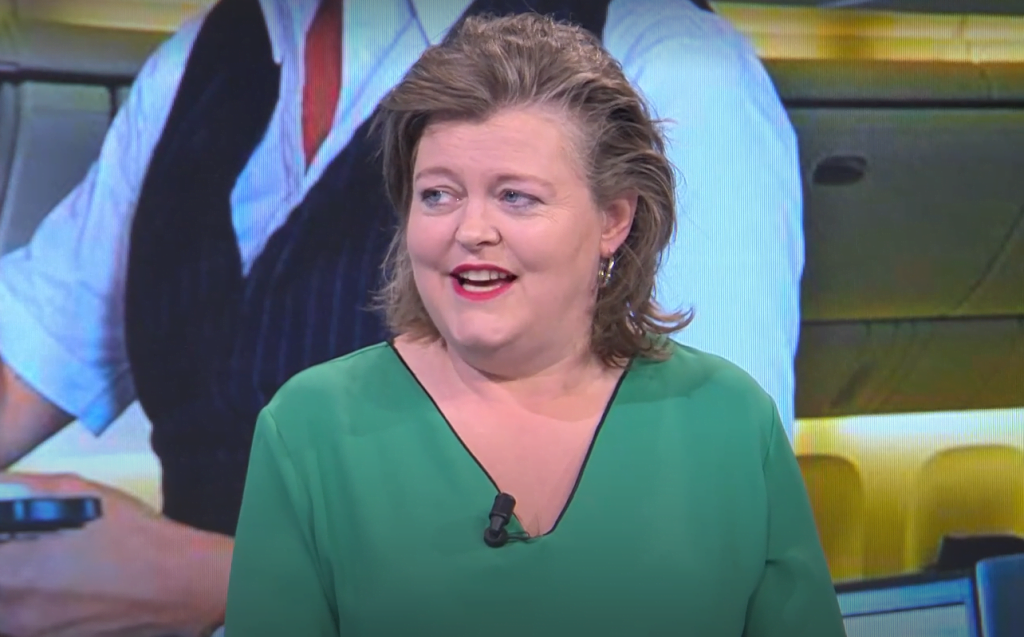Here the criticism boils down to the idea of "do as I say, not as I do", which can be considered hypocritical.
The idea that larger organizations or authorities know better what is good for us and try to steer our behavior in a certain direction is often seen as patronizing. In response to a recent publication by De Mobiliteitsalliantie containing proposals to be included in a future coalition agreement, Yteke de Jong of the Telegraaf reacts harshly and calls it "gnome socialism" and "patronizing" of the united transport companies, some directors and chairmen of which are being driven around in car with driver.
For de Jong, the alliance's message has something to do with it provocative undertone by stating that commuters should walk and cycle more. The Mobility Alliance, a collaboration of 25 mobility parties, throws itself at the heart of the political debate for the upcoming parliamentary elections. But what is the core of their message and how do critics react to it? The Mobility Alliance asks the political parties to embed the importance of mobility in the election programs and the upcoming coalition agreement. This request emphasizes the crucial role of mobility in a series of central themes such as housing, nitrogen and the climate challenge.
Yteke de Jong of the Telegraaf interprets the message of the alliance by stating that commuters should walk and cycle more. This stems from the suggestion of ANWB director Marga de Jager that it is sometimes better for people to walk instead of taking the bus after the train ride. It is a proposal that emphasizes both sustainability and health, but as expected, this suggestive 'educational' aspect has met with some resistance in the media.
The Mobility Alliance asks the political parties to embed the importance of mobility in the election programs and the upcoming coalition agreement.

Although de Jong suggests that the car is absent in the letter from the alliance, De Jager clarifies that there is indeed attention for the role of the car. The car is indispensable, especially in rural areas. In urban areas, however, the Alliance sees the potential for a greater emphasis on cycling, especially for workers who live within 15 miles of their place of work.
A key point of the alliance is that mobility must remain affordable and sustainable. This means investing in zero-emission cars, multimodal solutions and making mobility more sustainable in general. The alliance states different measures ranging from facilitating growth through high-quality infrastructure, making better use of existing infrastructure, to promoting proximity.
Although the Climate Agreement stipulates that mobility must achieve 12% of the CO2 reduction, De Jager points out that only a small part of the money from the Climate Fund is intended for this purpose. This shows a discrepancy between national targets and funding.
The Mobility Alliance's call focuses on putting mobility at the center of the political discussion. Although their ideas can sometimes be misinterpreted, such as the proposal to walk or cycle more, it is clear that their overall message is aimed at a more sustainable and integrated mobility approach for the Netherlands. The debate is likely to continue until the election and beyond as the national mobility strategy continues to evolve.



